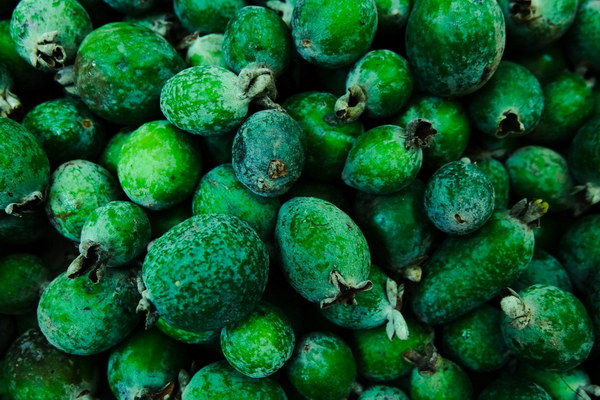The LiverBoosting Benefits of Lamb Does It Really Work
Introduction:
In the realm of traditional medicine, there are numerous foods that are believed to have healing properties. One such food is lamb, which has been hailed for its potential liver-boosting benefits. But does lamb truly have the power to protect and nourish the liver? Let's delve into the topic and uncover the truth behind this claim.
1. The liver's importance:
The liver is a vital organ that performs numerous essential functions in the body. It is responsible for filtering blood, metabolizing nutrients, detoxifying harmful substances, and producing bile. Given its crucial role, it is essential to keep the liver healthy and functioning optimally.
2. Nutritional benefits of lamb:
Lamb is a rich source of various nutrients that can contribute to liver health. Some of these nutrients include:
a. High-quality protein: Protein is essential for liver repair and regeneration. Lamb provides a good amount of high-quality protein, making it beneficial for liver health.
b. Vitamin B12: Vitamin B12 is crucial for liver function and the production of red blood cells. Lamb is an excellent source of this essential nutrient.
c. Iron: Iron is essential for liver function and oxygen transport in the body. Lamb contains heme iron, which is more easily absorbed by the body than non-heme iron.
d. Selenium: Selenium is an antioxidant that helps protect the liver from oxidative stress. Lamb is a good source of selenium, which may contribute to liver health.
3. The role of antioxidants:
Antioxidants play a crucial role in protecting the liver from damage caused by free radicals. Lamb contains various antioxidants, including selenium, vitamin E, and beta-carotene, which may help safeguard the liver from oxidative stress.
4. Liver-boosting properties of lamb:
While lamb offers numerous nutritional benefits, it is important to determine whether it has specific liver-boosting properties. Here are a few potential benefits:

a. Antioxidant protection: As mentioned earlier, lamb's antioxidants may help protect the liver from oxidative stress and damage caused by free radicals.
b. Support for liver repair: The high-quality protein in lamb can aid in liver repair and regeneration.
c. Metabolic support: Lamb's nutrients, such as iron and vitamin B12, can contribute to optimal metabolic function, which is essential for liver health.
5. Limitations and considerations:
While lamb may offer some liver-boosting benefits, it is important to consider the following limitations and considerations:
a. Fat content: Lamb is a red meat, and it contains higher levels of saturated fat compared to other meats. Consuming excessive amounts of saturated fat may increase the risk of heart disease and other health issues.
b. Portion control: As with any food, it is important to consume lamb in moderation. Overindulgence in lamb or any other food may have adverse effects on liver health.
Conclusion:
While lamb offers numerous nutritional benefits that may contribute to liver health, it is important to approach the topic with a balanced perspective. While lamb may possess some liver-boosting properties, it is essential to consider factors such as portion control and overall dietary patterns. Incorporating lamb into a well-rounded, balanced diet may provide some liver-boosting benefits, but it should not be seen as a miracle food for liver health. As always, it is best to consult with a healthcare professional for personalized advice regarding diet and liver health.









